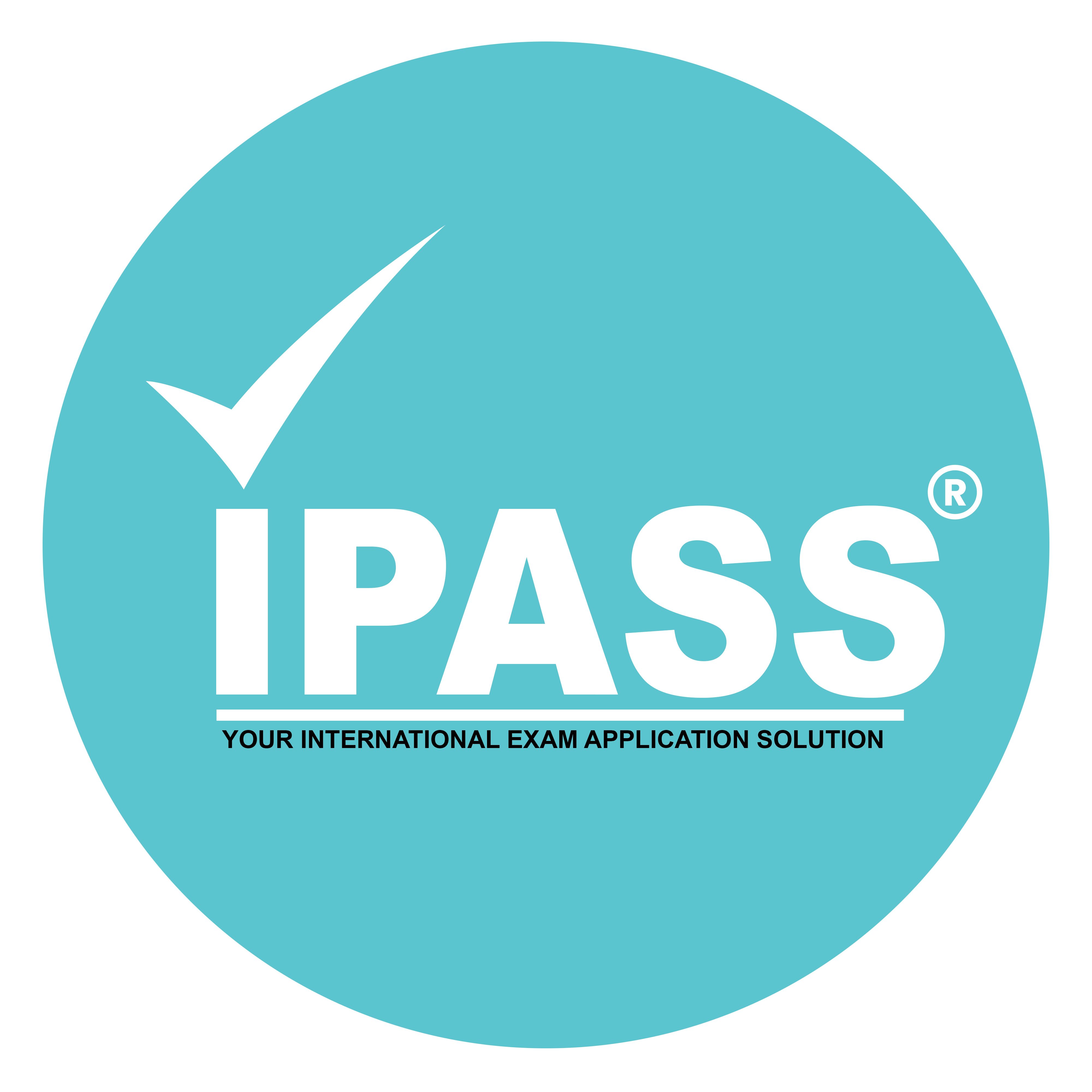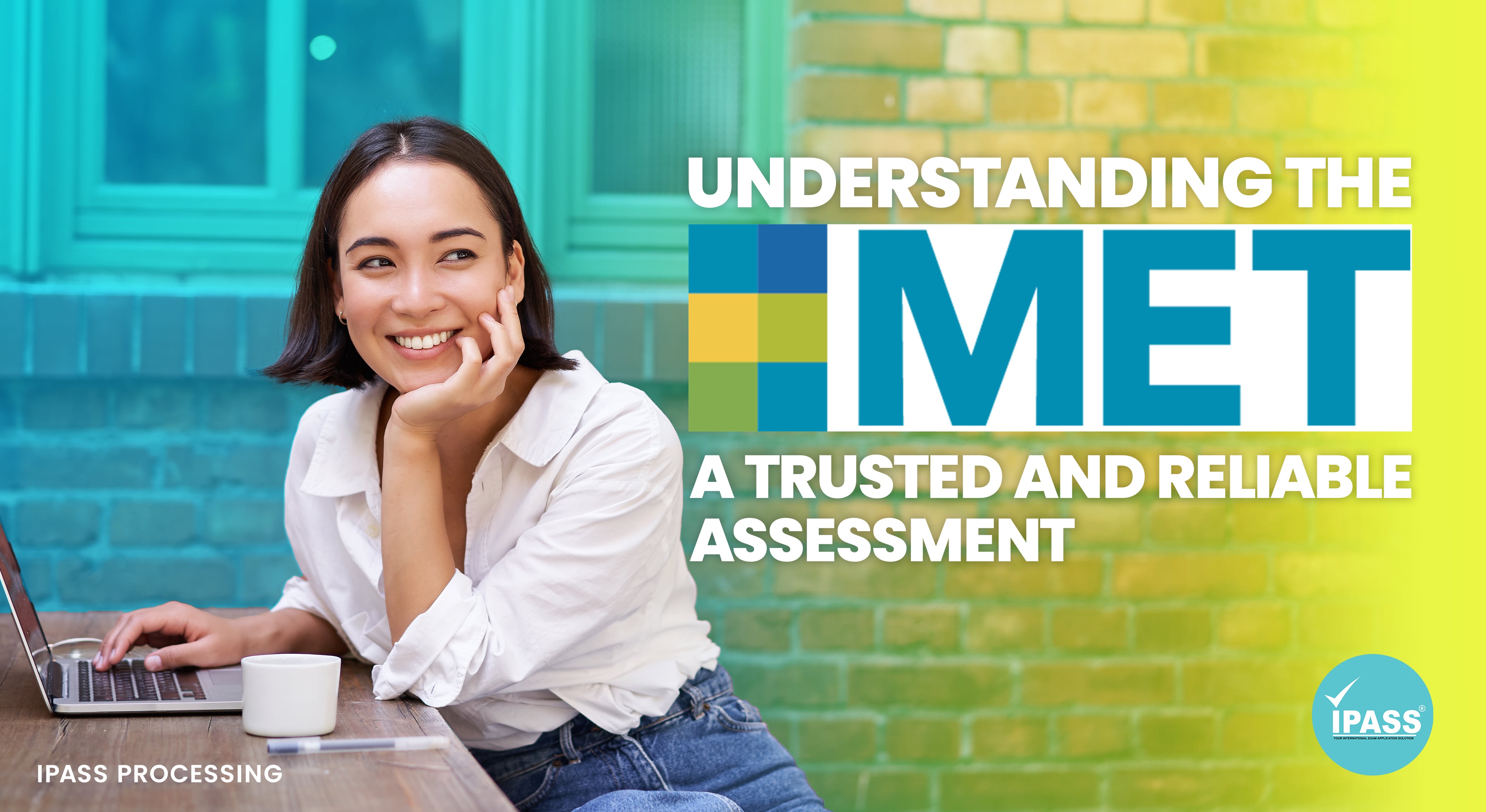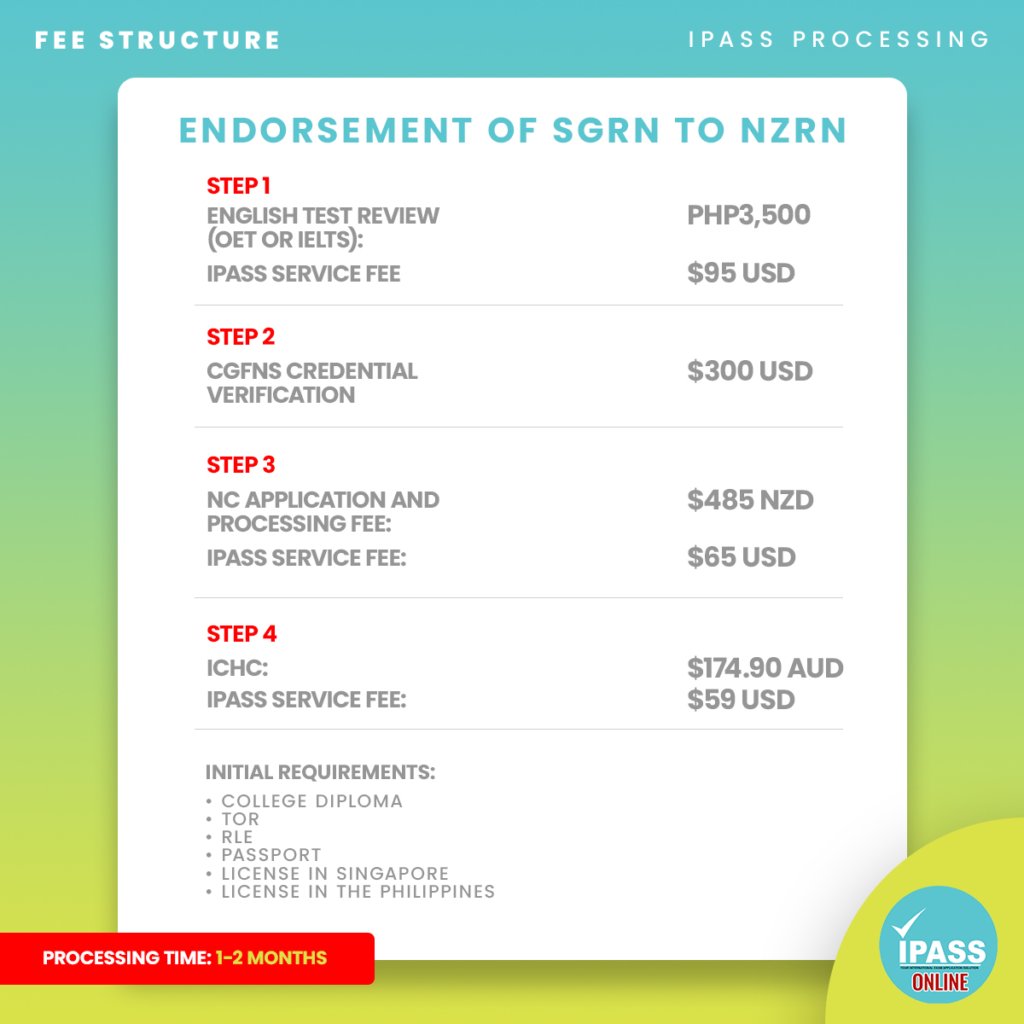(Estimated Reading Time: 7 minutes)
Nursing professionals are increasingly sought after across borders in the ever-evolving healthcare landscape. As the demand for skilled and capable nurses continues to rise globally, proficiency in English is vital for nursing careers. Enter the Michigan English Test (MET), a game-changer for nurses seeking to unlock more opportunities beyond their home countries.
This trusted and widely recognized assessment has become the key that opens doors to renowned medical facilities. Furthermore, it enables seamless communication with diverse colleagues, fostering a fulfilling nursing career internationally.
Understanding the MET: A Trusted and Reliable Assessment
The Michigan English Test (MET) is a prestigious collaboration between two esteemed institutions: the University of Michigan and Cambridge University Press and Assessment. This partnership ensures that expert language assessment professionals develop the test contents. Moreover, they undergo a rigorous item development process and consistently maintain the highest standards of reliability and validity. The thorough approach has earned the MET a reputation for credibility among regulatory bodies, employers, and nursing professionals worldwide.
What sets the Michigan English Test (MET) apart?
Although the MET is well-regarded globally as an English proficiency assessment, it is still not widely recognized in the Philippines. However, the Michigan English Test (MET) distinguishes itself from other language tests through several unique advantages. Here are the key factors that set the MET apart:
1. Focused on Language Ability, Not Content Knowledge
In contrast to other English tests focusing on specific subject areas, the MET assesses your proficiency in English communication. Moreover, it evaluates your English communication within the healthcare context. This approach ensures a fair and unbiased assessment, making the MET accessible to nursing professionals from diverse educational backgrounds. Furthermore, it is regardless of their specialized knowledge or training.
2. Proven Reliability and Global Recognition
Approved by multiple Boards of Nursing (BONs), the MET has earned a well-deserved reputation for reliability among regulatory bodies and employers. This widespread acceptance opens doors to domestic and international career opportunities, allowing you to pursue your professional aspirations without boundaries.
Myths vs. Facts: Setting the Record Straight
Despite its many merits, the MET is sometimes shrouded in misconceptions that can hinder nurses from fully embracing its potential. Let’s dispel some of these common myths and shed light on the facts:
Myth No. 1: The Michigan English Test (MET) is not recognized in the U.S.
Fact: The MET is widely accepted by Boards of Nursing in 28 states across the United States. It includes: Alabama, Colorado, Connecticut, Delaware, District of Columbia, Florida, Hawaii, Idaho, Illinois, Indiana, Kentucky, Louisiana, Maryland, Massachusetts, Michigan, Montana, Nebraska, New Mexico, North Dakota, Oklahoma, South Carolina, South Dakota, Tennessee, Utah, Virginia, Washington, West Virginia, and Wyoming.
Additionally, through VisaScreen, MET passers can work in California, New York, and Texas, further expanding their employment opportunities.
Myth No. 2: VisaScreen does not accept the MET.
Fact: Both CGFNS and Josef Silny officially accept the MET for VisaScreen and Visa4Nurses. In addition, the required scores are an overall score of 55 and a speaking score of 55.
Myth No. 3: The Michigan English Test is very expensive and overly challenging.
Fact: On the contrary, the MET is the most cost-effective option on the market compared to other English proficiency tests. Its competitive pricing makes it an accessible choice for nursing professionals seeking a high-quality assessment without breaking the bank.
The MET boasts an impressive 90% pass rate, the highest among tests accepted for RN work in the U.S. Hence, this demonstrates its fair and achievable nature. Focusing on language proficiency rather than specific content knowledge, the MET allows test-takers to prepare using familiar tasks and activities. Furthermore, this makes the preparation process more manageable and less daunting.
Advantages of Choosing the MET
Many English Language Proficiency tests can be used as proof of the language proficiency requirement. Here are the reasons why you should choose MET as your English Language Proficiency requirement:
1. Cost-Effective and Accessible
With its competitive pricing, the MET is the most affordable option among English proficiency tests tailored for healthcare professionals. This cost-effectiveness opens up opportunities for a broader range of nursing candidates. Hence, it provides that financial constraints do not hinder their pursuit of language proficiency certification. In addition, the streamlined registration process allows test-takers to secure their spots within 72 hours. Moreover, prompt delivery of results within five days further contributes to the MET’s accessibility and convenience.
2. Comprehensive Preparation Resources
Michigan Language Assessment understands the importance of robust support to ensure test-takers success. As such, it offers a comprehensive array of preparation materials and free resources to guide candidates through the assessment process. These resources include tutorials that break down each Michigan English Test (MET) section. Furthermore, they provide detailed explanations, strategies, and practice questions for preparing for the Michigan English Test.
MET also offers full-length mock tests that simulate the actual testing environment, allowing test-takers to familiarize themselves with the test format and timing. In addition, supplementary study guides and vocabulary lists cover healthcare-specific terminology and communication scenarios. Thus, these help test-takers prepare for what they can expect to encounter.
3. Worldwide Availability and Convenient Testing
The MET’s global reach is a testament to its widespread recognition and accessibility. Test-takers can register to take the assessment at test centers worldwide, ensuring their varying location help them reach their goals. Additionally, the expanding options in the Philippines through 9.0 Niners enhance availability and convenience for nursing professionals in the region. Currently, tests are offered on Sundays and Mondays at ten centers, with plans to add more centers soon.
4. Flexibility and Convenience
One of the MET’s standout features is its flexibility, which allows test-takers to retake a single section without repeating the entire test. Moreover, it saves time and resources and enables candidates to focus their preparation efforts on areas that require improvement. Additionally, Michigan English Test scores can be sent to as many institutions as desired at no extra cost. This allows nursing professionals to explore multiple career opportunities without incurring additional expenses. Furthermore, the Michigan English Test scores never expire, ensuring the investment in language proficiency certification remains valid for years.
Understanding the Michigan English Test (MET) Structure
To further assist nursing professionals in preparing for the MET, it’s crucial to understand its structure and components. The test comprehensively evaluates your English language proficiency across four key areas: reading, writing, listening, and speaking. Here’s a breakdown of what you can expect:
1. Michigan English Test Reading (65 minutes)
a. 50 questions
b. Part 1 – Grammar (20 questions)
c. Part 2 – Single-text Reading (10 questions)
d. Part 3 – Multiple-text Reading (20 questions)
2. Michigan English Test Writing (45 Minutes)
a. 2 Tasks
b. Task 1 – Test-takers write a few sentences responding to three related questions about personal experiences.
c. Task 2 – Test-takers write a formal, multi-paragraph essay responding to a prompt.
3. Michigan English Test Listening (35 Minutes)
a. Part 1 – Short Conversations, each followed by a question (19 questions)
b. Part 2 – Extended Conversations between two people, each followed by 3-4 questions (total of 14 questions)
c. Part 3 – Comprising four sets of short talks, each delivered by a single speaker, followed by multiple questions related to the content. In total, there are 17 questions across all four sets.
4. Michigan English Test Speaking (10 Minutes)
a. Test-takers interact with audio and visual prompts and record their spoken responses.
b. Computer-delivered
c. Five Tasks – 2 parts
Part 1: 3 tasks
i. Describe a picture with as much detail as possible.
ii. Talk about a personal experience related to the image.
iii. Give your opinion on a topic related to the image.
Part 2: 2 Tasks
i. Explain the advantages and disadvantages of a given situation.
ii. Provide convincing arguments on your point of view.
Michigan English Test as an English Proficiency Standard
The Michigan English Test presents a compelling choice for nursing professionals seeking to elevate their careers and unlock global opportunities. Moreover, its widespread recognition, cost-effectiveness, and accessible preparation resources make it an ideal pathway for demonstrating English proficiency in healthcare. This opens doors to a world of possibilities.
By choosing the MET, you’re investing not only in your language skills but also in your prospects. The MET can propel you toward success in prestigious U.S. medical facilities, international nursing roles, or domestic career advancement. Moreover, the MET ensures practical and relevant language assessment by focusing on authentic communication in healthcare settings. Hence, this enables confident navigation of the modern healthcare landscape.
As the world becomes more interconnected, effective English communication is essential. It’s no longer a luxury but a necessity for nursing professionals’ career success. Embrace the Michigan English Test (MET) as your trusted partner. Unlock the potential to impact the lives of patients, colleagues, and communities globally.













No Comments